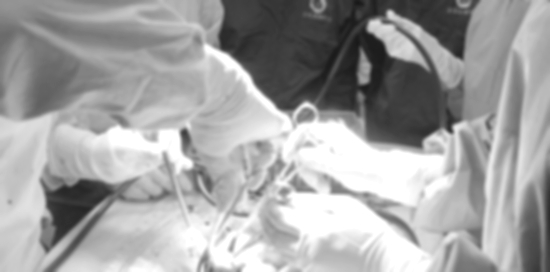
Among the victims of the Chinese government’s ghoulish and often murderous practice of stealing the organs of members of persecuted groups are Uyghurs, Tibetans, House Church Christians, and practitioners of Falun Gong.
Philip Hunt, a British lawmaker, has nominated Doctors Against Forced Organ Harvesting (DAFOH) for the Nobel Peace Prize to help spread the word about the group’s efforts to expose this crime.
Eva Fu reports (The Epoch Times, February 4, 2024):
In January, DAFOH called for the United Nations to establish an international criminal tribunal for the Chinese regime’s forced organ harvesting, with support from over 100 lawmakers, academics, and civil groups.
The nominator, Lord Philip Hunt of King’s Heath, commended the group for its “tremendous job” in making the case for “why we need to take action.”…
Attracted by the extremely short waiting times in Chinese hospitals, international tourists may opt to go to China for organ transplant surgery, thus becoming unwitting accomplices in the crime.
The issue has been generating growing concerns internationally since the London-based China Tribunal confirmed after a year-long investigation that the egregious act has indeed been happening in China and on “a significant scale.”…
But Mr. Hunt, whose advocacy efforts pushed through a UK law to bar his countrymen from partaking in the scheme, has been disappointed by the lack of tangible responses so far from international bodies such as the United Nations.
During the recent U.N. review of China’s human rights record, China’s critics had to squeeze their remarks into a mere 45-second sprint. The issue of forced organ harvesting didn’t come up.
DAFOH has been nominated for the Nobel Peace Prize before, in 2016. In the Croation Medical Journal, Alan Šućur and Srećko Gajović reported (June 2016):
The nomination of DAFOH is the second one related to forced organ harvesting in China, as human rights lawyers David Kilgour and David Matas were nominated in 2010 for their investigative work uncovering 41,500 unexplained organ transplants in China between 2000 and 2004.
Increased information on the topic, including significant contributions from DAFOH members, has led to the publication of the book State Organs: Transplant Abuse in China in 2012, which describes medical, ethical, legal, and political underpinnings of state-sanctioned organ harvesting from prisoners of conscience in China. The topic is almost beyond imagination: living prisoners of conscience are systematically examined and killed on the operating table for their organs on demand.
People have been learning about China’s state-sanctioned organ harvesting. But not enough people.
If DAFOH wins a Nobel for the group’s work exposing the vicious practice, it may become almost impossible for beneficiaries of organ-harvest murders to later say that they had no idea. It may become almost impossible for foreigners “attracted by the extremely short waiting times in Chinese hospitals” to be “unwitting accomplices.”
Also see:
ChinaTribunal.com: “Independent Tribunal Into Forced Organ Harvesting of Prisoners of Conscience in China: Final Judgement & Summary Report—2019”
“On the basis of all direct and indirect evidence, the Tribunal concludes with certainty that forced organ harvesting has happened in multiple places in the PRC and on multiple occasions for a period of at least twenty years and continues to this day.”





